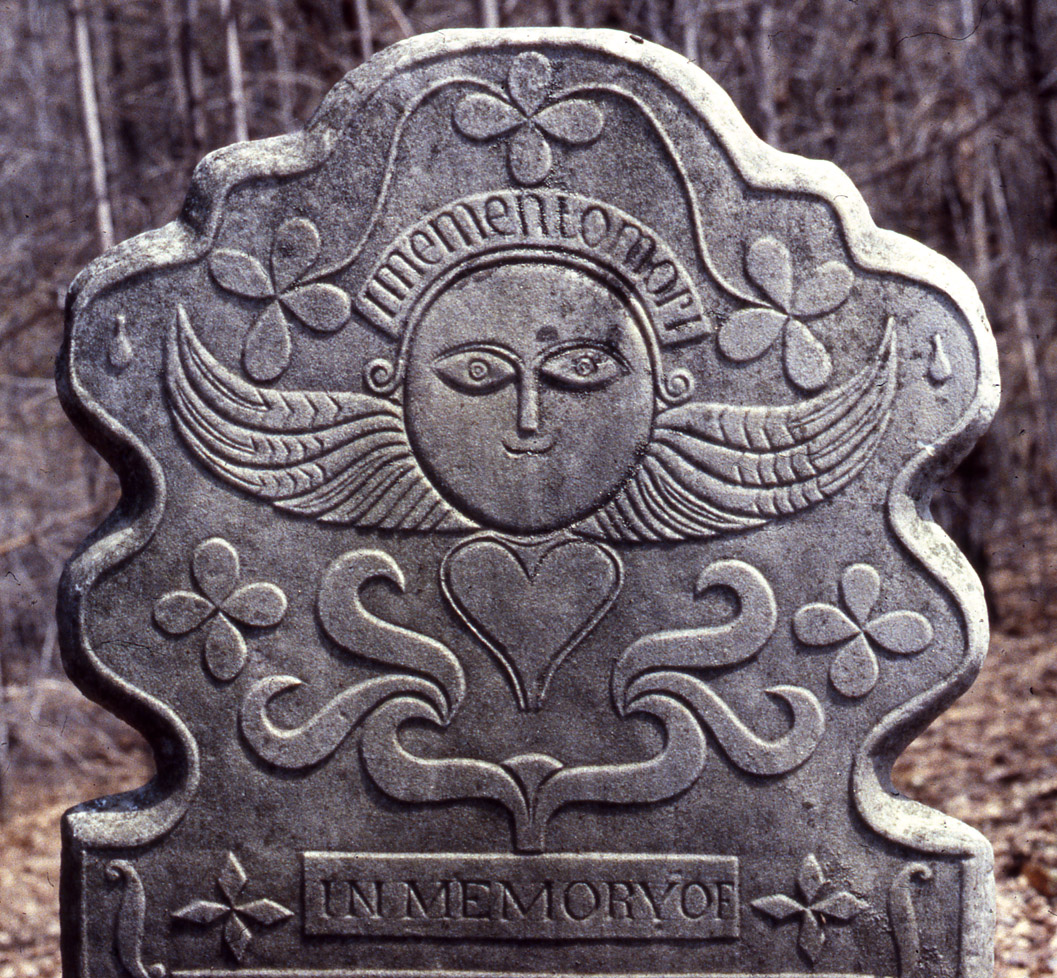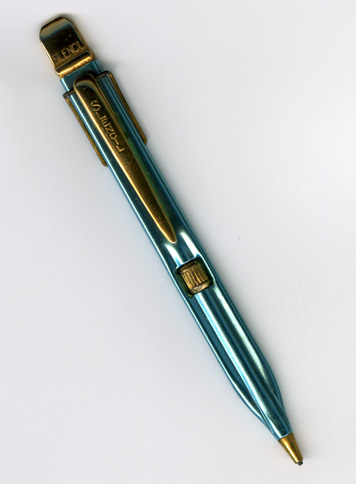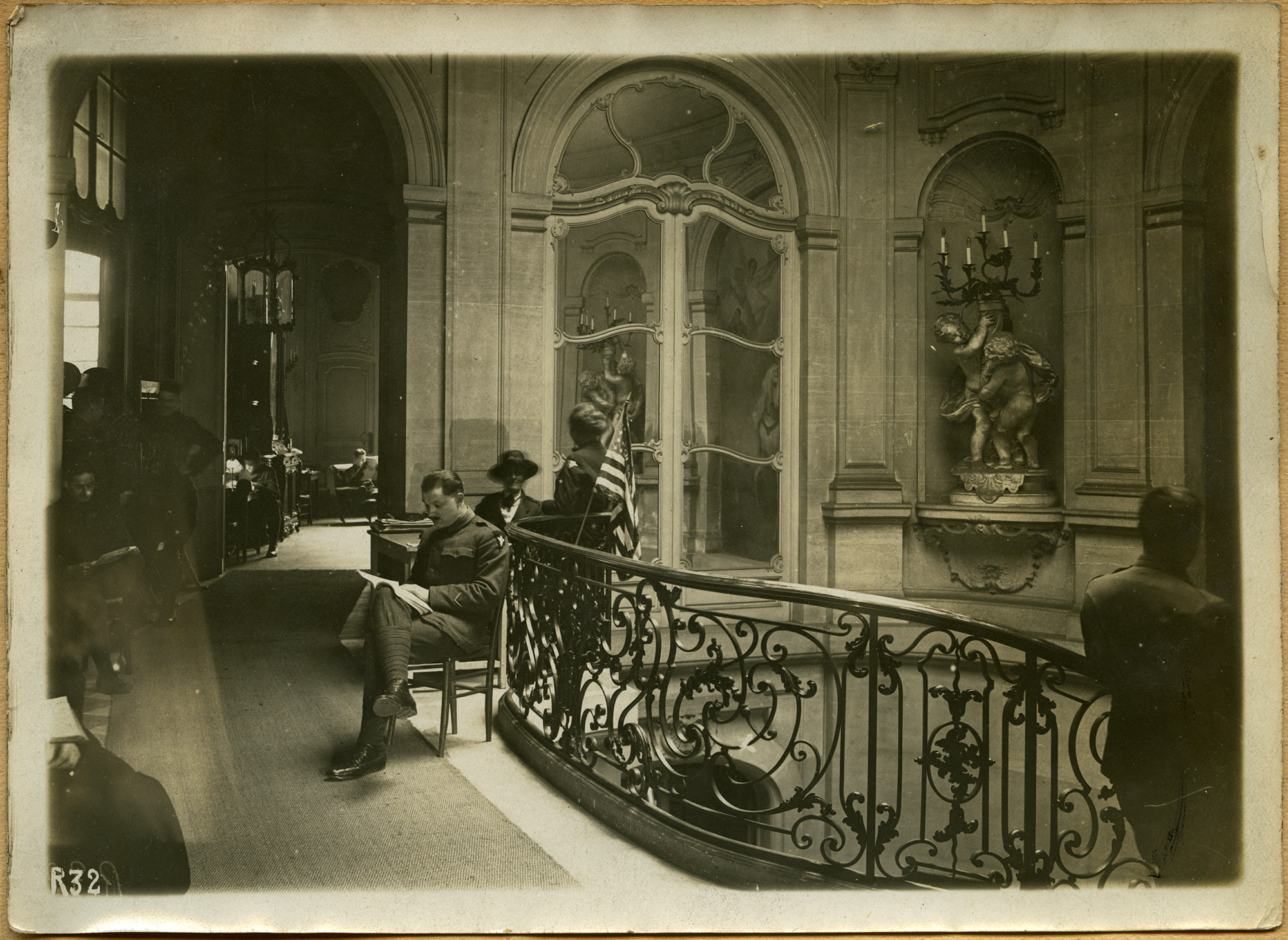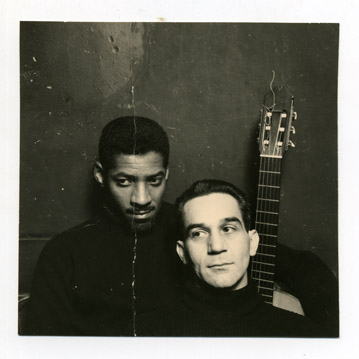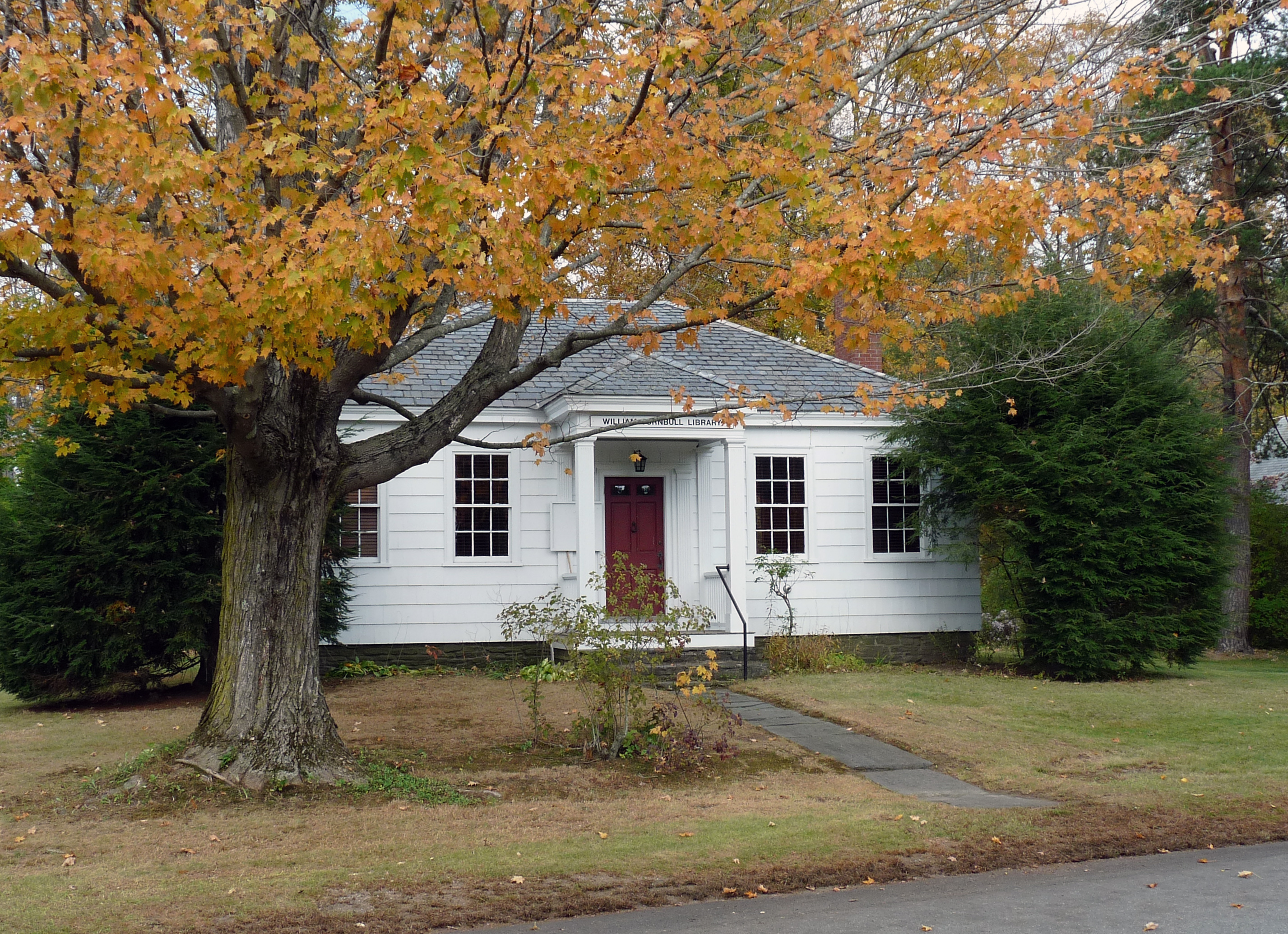Theodore D. Goldfarb Collection
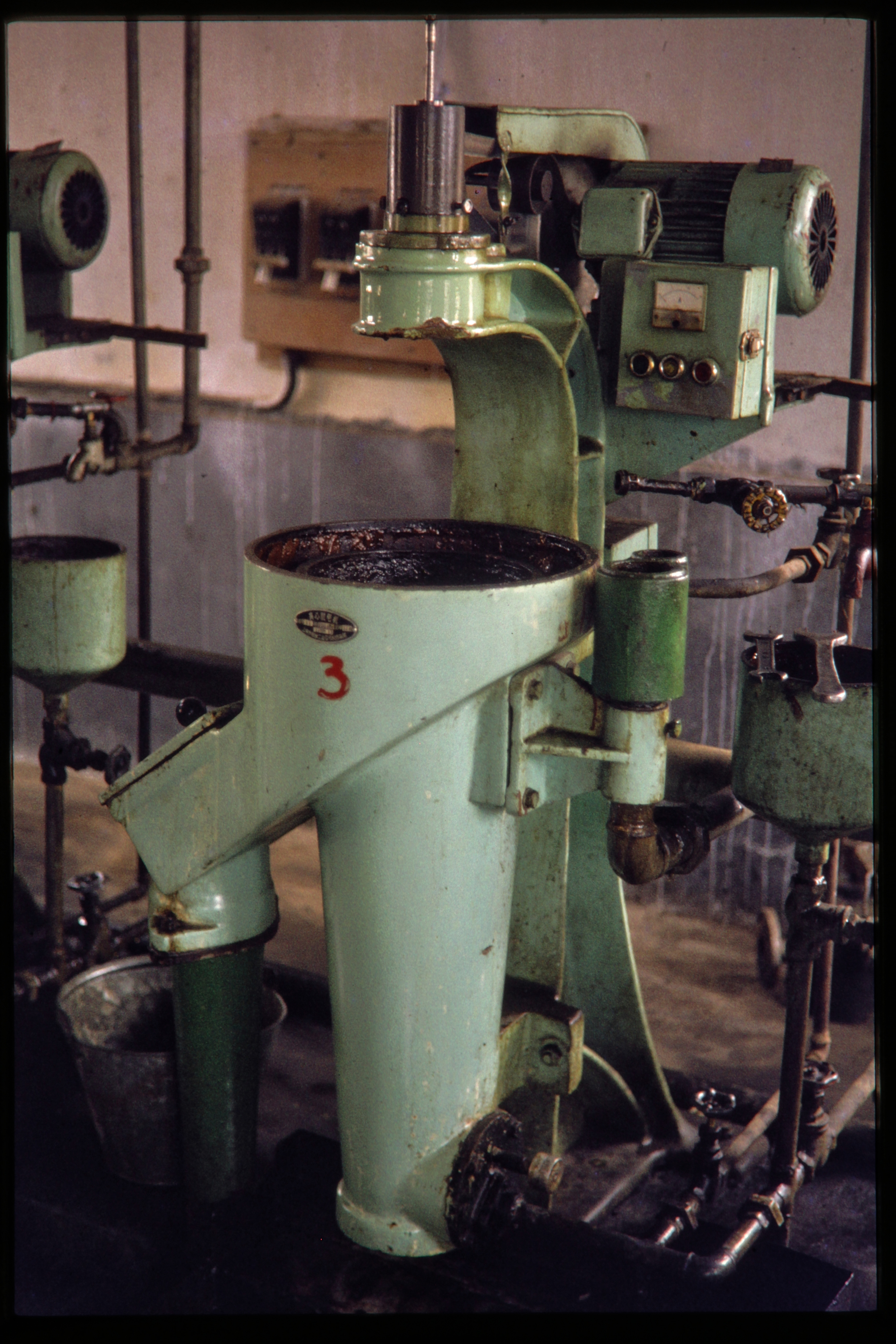
An environmental chemist, Ted Goldfarb was a founder of the Science for the People chapter at SUNY Stony Brook and an organizer of the group’s second trip to the People’s Republic of China in June 1978. The twelve delegates from SftP went with the intention of studying the organization of science and technology in China with respect to how it met people’s needs, and they were toured through a succession of factories, production facilities, farms, schools, and institutes in Guangzhou, Shanghai, Changsha, and Beijing, among other locations.
The nearly 400 slides in this collection were taken by Ted Goldfarb (and handful by his colleague Judith Weinstein) when they were members of the second Science for the People delegation to the People’s Republic of China in June 1978. Reflecting their interests in science and technology, the slides document a succession of factories, production facilities, schools, and institutes they visited, but include shots of typical street scenes, markets, artisans and factory workers, and tourist sites such as the Great Wall, Ming Tombs, and Forbidden City. In addition to the images of China, a handful were taken during a stopover in Delhi and Agra, India, on the way back to the United States.


